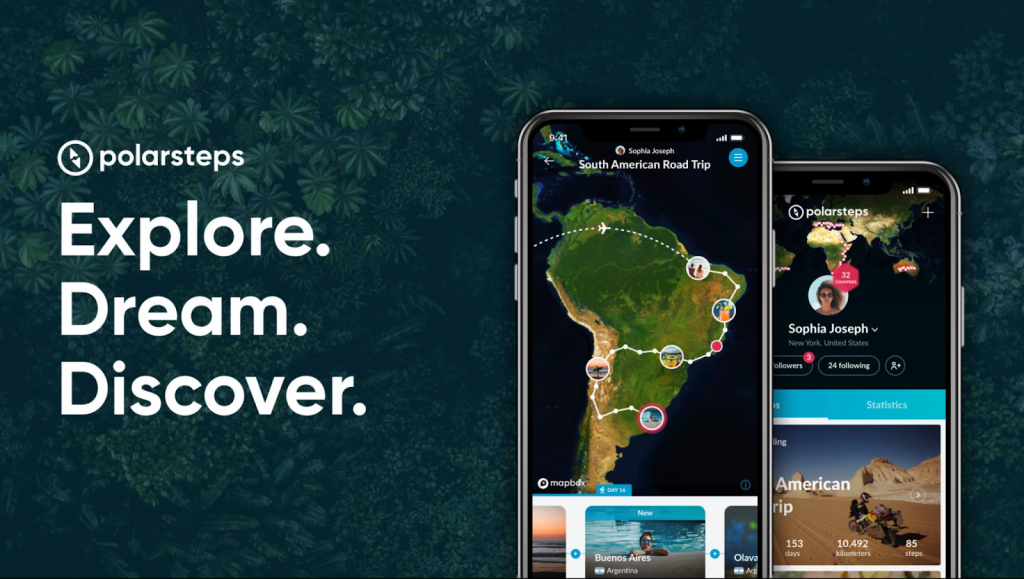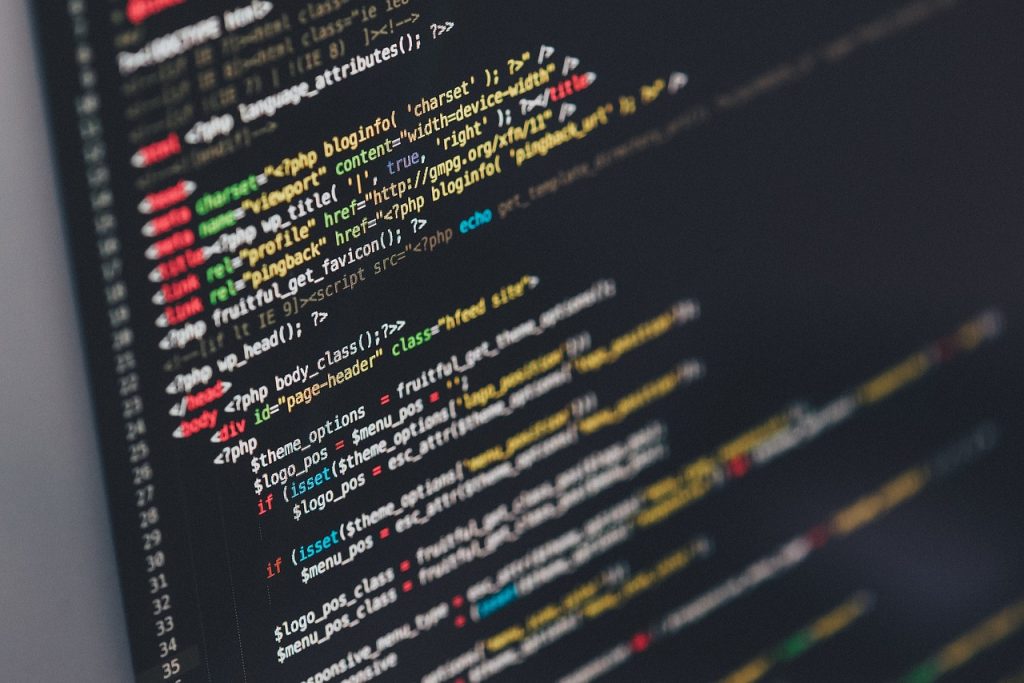The increasing cost of healthcare in Western countries is driving a niche category of travel, medical tourism. A recent survey by the International Trade Commission suggests that 0.6% of all outbound travelers from the US were heading out on healthcare related trips, valuing the market at approximately $47 billion worldwide. The prospects for medical tourism are bright with forecasted market valuation more than doubling at $111 billion by 2029. Medical tourism has its risks as every country and region has its own set of healthcare laws and regulations but demand for elective and non-elective procedures continues to grow as capacity shrinks and costs rise in North America and Western Europe. In the current era of technology, travelers and facilities can adopt technologies to help mitigate some of those risks as well as elevate the experience by providing convenience and efficiency before, during and after the journey.

Pre-Visits Set the Stage for a Positive Experience
More complex medical procedures usually require a consultation with the patient prior to the actual procedure. Health practitioners use these consults to go over important items related to the procedure:
- Ask qualifying and other medical related questions
- Outline the actual procedure and what that patient can expect
- Go over any items or tasks the patient needs to complete prior to the procedure
- Explain the recovery process
- Cover any local processes or regulations that are related to the procedure
The pre-consult also allows the traveler to ask questions and communicate concerns that the health practitioner can answer in real time. Innovations during the pandemic have perfect online video conferencing and communications but because of the sensitive nature of the discussion, a more secure platform is necessary. Many health providers that specialize in medical tourism have adopted their own in house communication system to interact with patients globally.
Managing Medical Data
The medical industry is a ‘paperwork intensive’ industry and medical data and reporting are key cogs that power healthcare infrastructure. The challenge in medical tourism is gaining easy access and understanding the patient’s medical reports and records. Oftentimes, medical destinations are outside the sphere of English and there could be communication challenges when sending in important medical data. Electronic storing of medical records affords an opportunity for easy and instant translation as a universally accepted form of medical record keeping is virtually impossible. Individual travelers should always have copies and backups of all medical related reports, storing them on alternate forms of media ie: USB stick. A centralized platform or mobile app could help travelers manage and organize crucial medical data and create conveniences when it comes to submitting data to health care providers offshore.
Localizing the Experience
Medical tourism, in many cases, includes leisure type experiences at the destination and travelers can use mobile technology to elevate both the medical and leisure parts of the trip. Resources play a key role in medical tourism and mobile apps can provide real time information related to the medical trip:
- Deliver information regarding local and regional rules and laws regarding healthcare
- Provide turn by turn navigation and locations of medical and emergency facilities
- Set reminders and notifications to keep track of medical appointments and to-do lists
- Keep medical records and data secure in a centralized location on the device
- Maintain up to date medical insurance and carrier information if applicable
Utilizing the functionality of smartphone and mobile devices, medical travelers can have a smooth and trouble free experience with real time information and on demand availability. Mobile device capability extends to the leisure part of the trip by localizing experiences and offering suggestions unique to the locale.
Technology Needs Grow Alongside the Market
Travelers have always been quick to adopt new technologies that offer convenience and improve experiences. With the medical tourism market forecasted to grow over the next 5 years, the need for innovations is essential to ensure safe, secure and smooth medical travel experiences. Online consultations and records management are key components to safety and using advanced technology can ensure all parties have the information they need for a smooth experience. Travelers themselves may face challenges navigating through foreign destinations and apps that provide localized guidance can ensure traveling patiences have the resources they need to get where they need to go. Increasing costs and reduced medical capacity will continue to drive the category as health and wellness remain priorities for traveling consumers.

